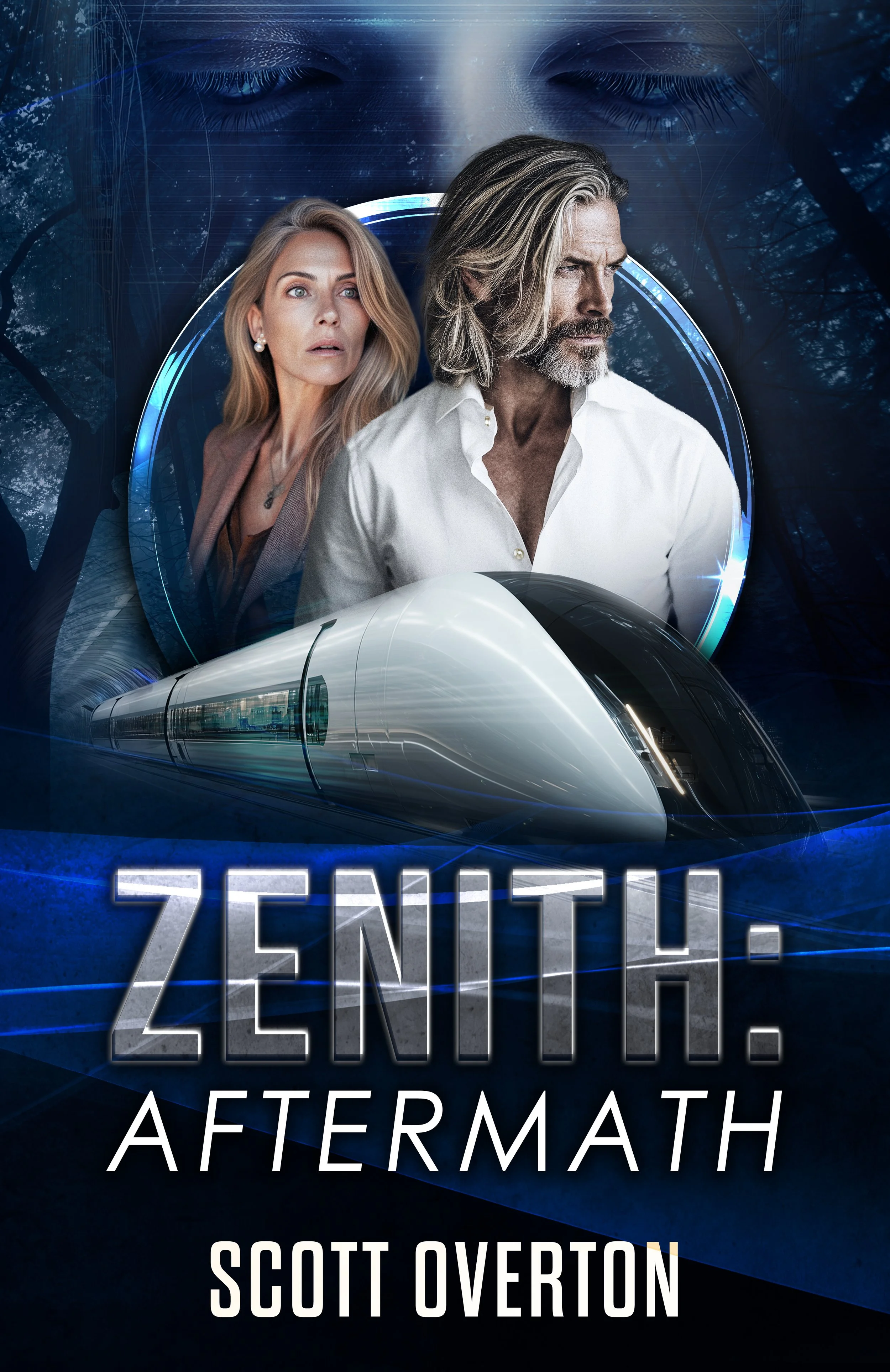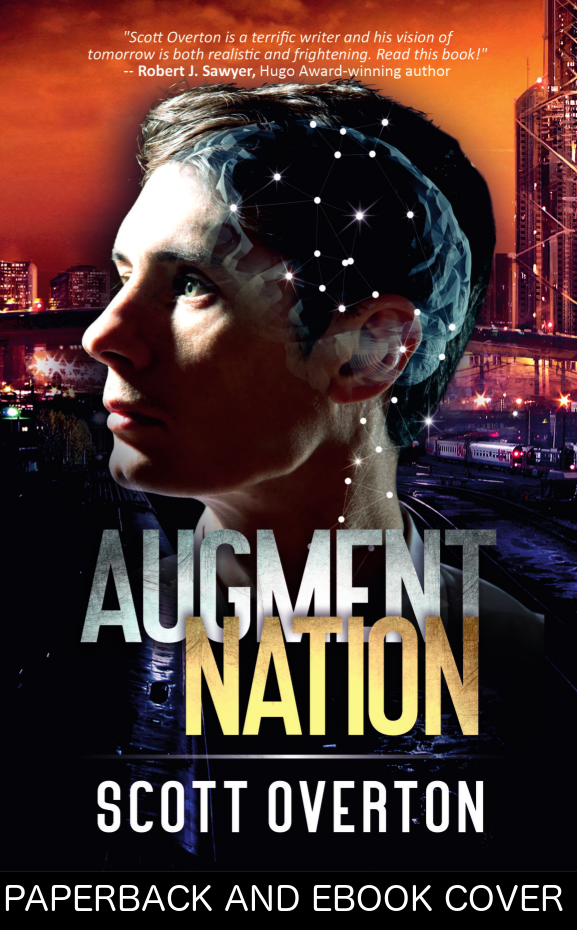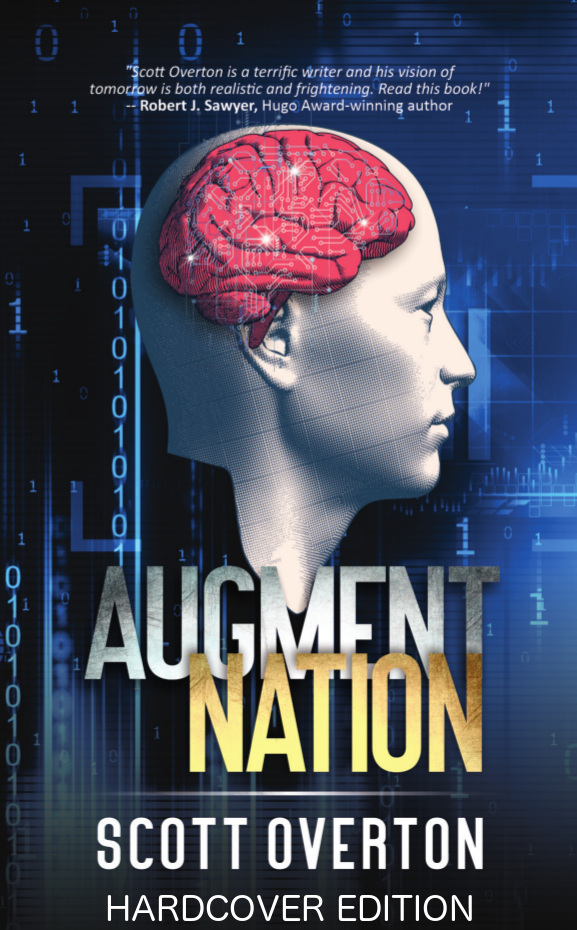Zenith: Aftermath—Is the End of the Human Era in Sight?
/If you know my writing, you’ll know I like to tackle big issues and concepts through good stories. So, it won’t be surprising that I’d write a book exploring the question of life without a physical body, whether that’s some form of artificially created digital intelligence or uploaded human consciousness, or something else entirely. You can’t escape the current AI boom these days, though I wrote my newest published novel, Zenith: Aftermath, a few years back, before all this took off.
In Zenith: Aftermath billionaire philanthropist and showman Griffin St. Clair and a select group of VIP guests are participating in a promotional stunt aboard the hyper-speed underground Zenith Train (think Musk’s Hyperloop idea, except my St. Clair character is much more Richard Branson than Musk!) when an unknown phenomenon hurls them into a world where the train has lost power, and its tunnel is crumbling. They emerge into a world apparently without humans—an uncanny forest of silent clearings and brooding trees, devoid of other life. Their prospects for survival look grim until, suddenly, a voice speaks to them from the air.
There are countless science fiction treatments of artificial intelligence and/or digital life, from movies like The Matrix and The Terminator, to TV shows like Upload, and many good short stories and books, including Robert J. Sawyer’s WWW trilogy and his recent The Downloaded with its coming sequel. So why dip into that well again?
It feels like most of the stories go big—they’re large-scale warnings about how AI run amok could wreck the world. I wanted to go small and personal: to explore how—or even if—ordinary people could relate to a disembodied being. What would the interaction be like from the perspectives of both the humans and the other entities? What would be the “life experience” of such a being; what would it feel like, or could you even talk about feelings at all? What if you could experience both forms of existence: how would they be similar and how would they be different?
You can see what rich material that can be for a fiction writer, especially set within a survival situation with a group of strangers thrown together to sink or swim. But even beyond that, I wanted to touch on the aspect of duty: duty to our very species. If you were among the last people on Earth, would you have a responsibility to try to revive the human race?
Big questions—very big questions, indeed. That’s why Zenith: Aftermath was so much fun to write and, I hope, to read. You can sample the first chapter of the novel here or find it at your favourite online retailer to get your own copy here.
I hope you enjoy it, and it makes you think about how these technologies could change everything we know. Because they are coming.












